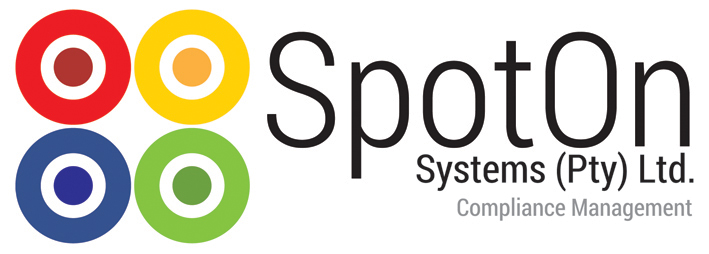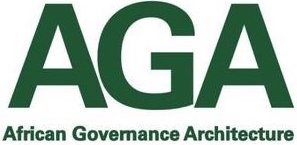Open Access to African Legal Information
Open access to digital African legal information helps communities to thrive, businesses to succeed, and judicial officers and civil servants to deliver services efficiently and effectively.
Open Law Africa

Open Law Africa is a programme of Laws.Africa and AfricanLII.org that provides African governments with the technology, skills, guidance, peer support and capacity building to independently own and publish their primary legal information.
African Law Index
AfricanLII's African Law Index shows that over 90% of surveyed African countries do not provide the essentials of free access to legal information, including legislation, court judgments and official government gazettes.
Impact: 3 million users every year
The 2020 LIIs in Africa Impact Report shows the remarkable impact of free access to African law:
- Over 3,000,000 annual users in 2020.
- 2.7x growth since 2017.
- The majority of legal and justice sector professionals could not do their jobs without these resources.
- Impact and testimonials of Open Law Africa.

"I strongly and deeply appreciate the efforts that the LII team puts in to make it possible for people like me to access legal information easily and freely. I owe you guys my entire career. THANK YOU INDEED. As a student, am unable to pay subscriptions therefore free resources like LII save the day for me." -- Ssevume Edward, Law Student, Uganda.
Open Government
Open access to the law is a key part of a successful Open Government strategy. It promotes good governance, human rights and access to justice, and enables efficient and effective judicial systems. We believe that governments should own their legal information, without restrictive licensing.
Improved Business Environment
Access to the law lowers the cost of doing business and improves local and foreign investment. Small businesses and the informal sector are an essential part of African economies, yet they have limited access to professional legal advice and resources. Free access to foundational legal information helps these businesses to grow and support families and communities.
Unlocked opportunities
- Faster turnaround and access to new legislation and court judgments.
- Improved accessibility for the visually impaired in line with Web Content Accessibility Guidelines (WCAG).
- Lower distribution costs and greater reach, including to rural areas.
- Advanced legislative analysis, harmonisation and law reform research.
- Diverse means of access, including desktop, mobile, print (day-to-day and archival), and offline collections.
- Regional integration (EAC, ECOWAS, ACFTA, SADC, etc.)
- Access-to-justice innovations in both the public and private sectors.
Open Law Technology
Our Open Law Technology powers legal information databases that use modern data standards and web solutions to build rich, interactive experiences for readers and researchers.
- Advanced legislation databases are far more powerful than a collection of documents.
- Akoma Ntoso (AKN) enables machine-readable documents and rich functionality. It is the global open standard for legislative data.
- Digitise all aspects of the primary legal information pipeline, including government gazettes, legislation and court judgments.
- Work closely with multiple stakeholders, including Attorneys General, Government Printers, Parliamentary Council, judiciaries, the legal sector and civil society.
- Modern web technology for rich user experiences on desktop, mobile, print and offline.
- Lower costs and greater efficiency of publishing and preserving African legal information.
Training, support and capacity
Laws.Africa capacitates African governments to modernise their legislation publication processes. We provide training, guidance and support throughout all stages of adoption.
- Training programs and resources that build in-country skills and capacity.
- Certified courses offered in partnership with AfricanLII and certified by the University of Cape Town.
- Training for diverse stakeholders, including legislation editors, law reporting units, law reform commissions, IT staff and software developers.
Experience
We work with organisations of all sizes, from single entities to local municipalities, national governments, civil society organisations, and large transnational bodies such as the African Union and the United Nations.



